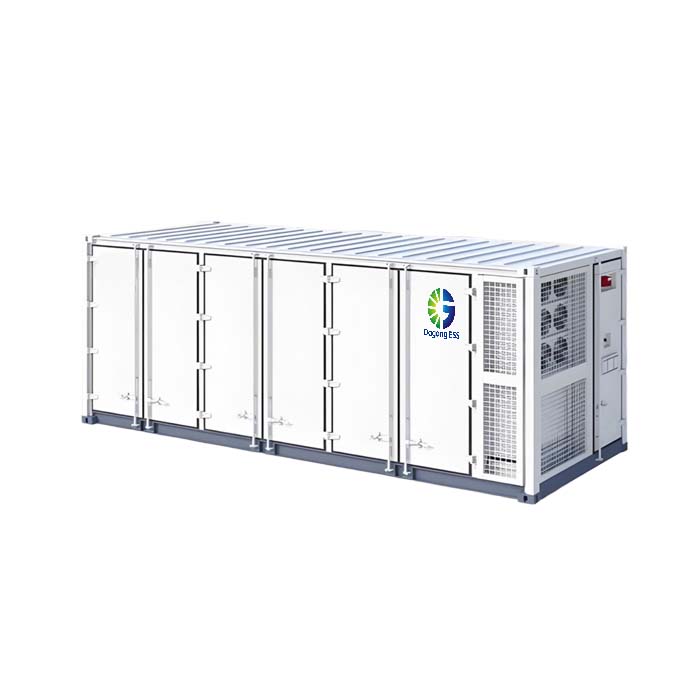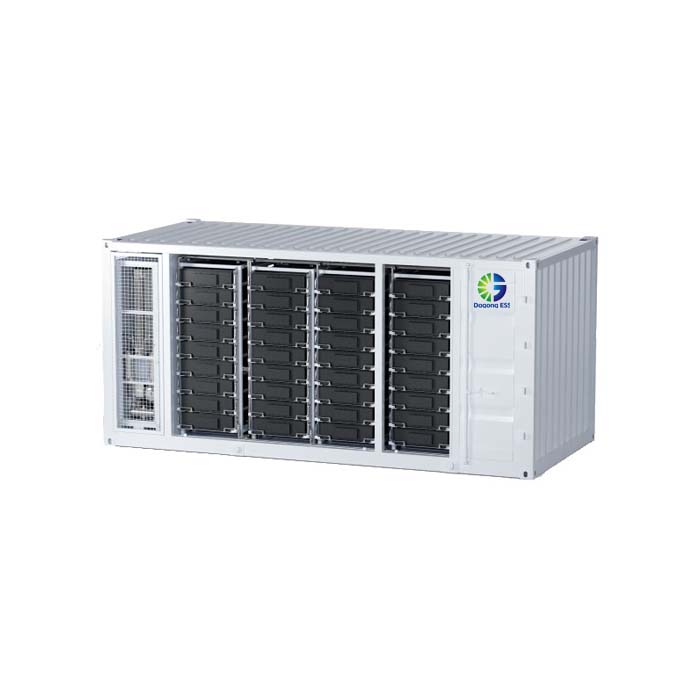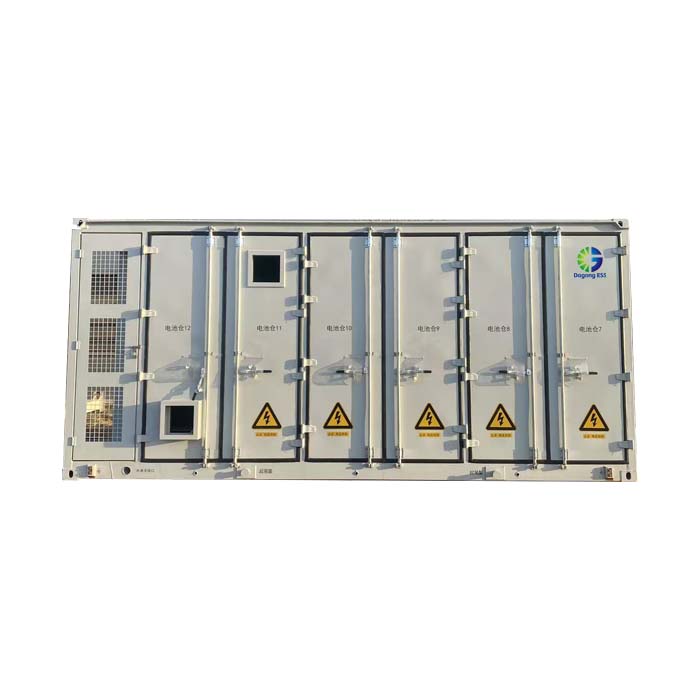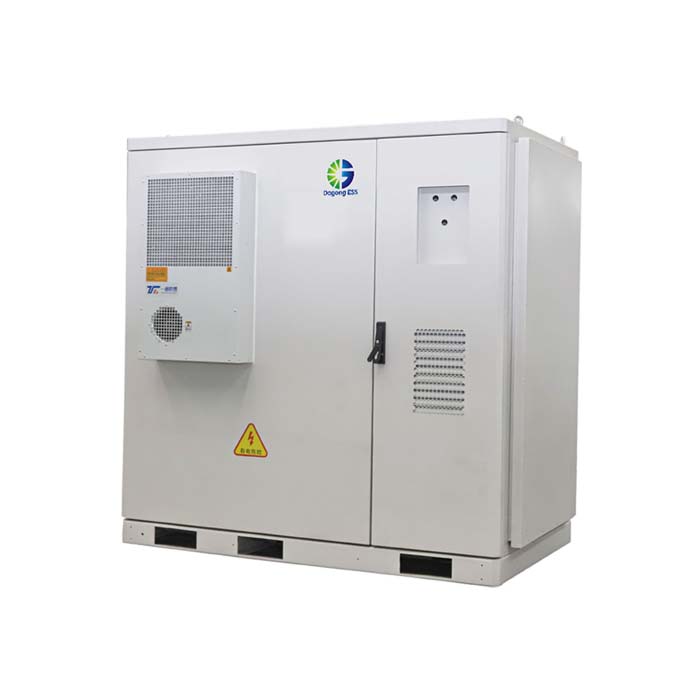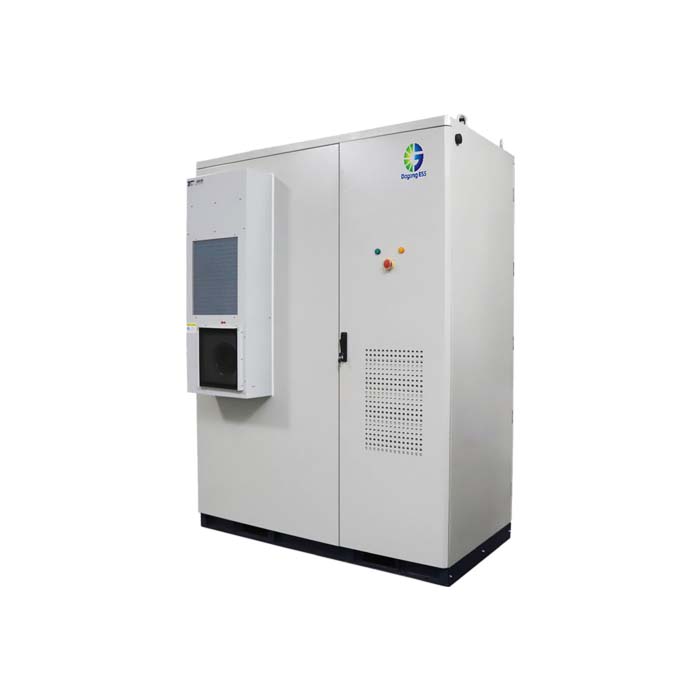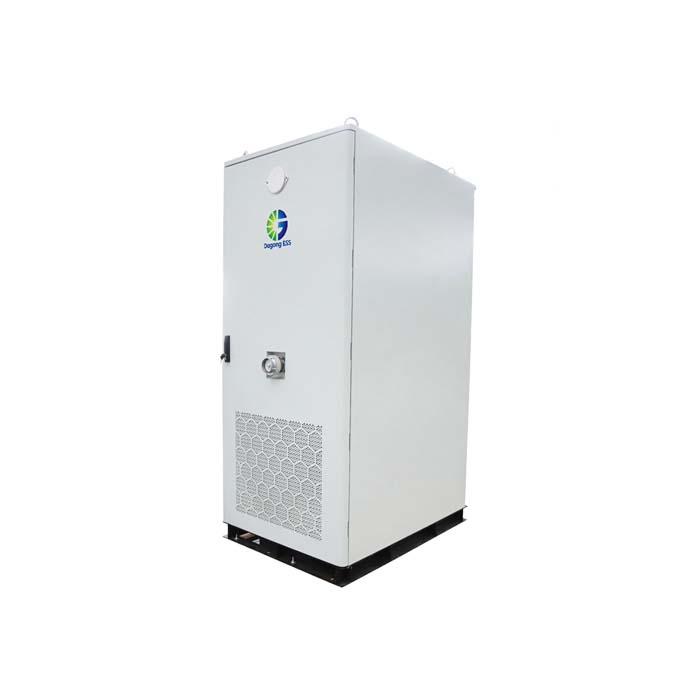Battery Energy Storage for EV Charging Stations
What is Battery Energy Storage for EV Charging?
Battery Energy Storage Systems (BESS) for Electric Vehicle (EV) charging stations are advanced lithium battery setups that store electricity to support EV charging demands. These systems buffer energy from the grid or renewable sources and discharge it during peak charging hours, enabling fast, efficient, and cost-effective EV charging—especially in areas with grid constraints or high electricity prices.
Types of ESS for EV Charging
Standalone BESS (Grid-Charged)
Stores power from the grid during off-peak hours and discharges during EV charging peaks.
✅ Ideal for locations with unstable grids or high demand charges.PV + BESS Hybrid Systems
Combine solar panels with battery storage to enable renewable-powered EV charging.
✅ Reduces electricity bills and carbon emissions.Mobile or Containerized ESS
Skid-mounted or containerized solutions (1MWh–5MWh) for flexible EV charging infrastructure.
✅ Perfect for temporary or remote charging stations.
Features of EV Charging ESS
High Power Output: Delivers fast charging capability without grid overload.
Peak Shaving: Reduces demand charges by offsetting peak-time energy use.
Grid Independence: Enables off-grid or backup charging in remote areas.
Modular and Scalable: Easily expandable to meet increasing EV adoption.
Smart EMS Control: Optimizes charging schedules and energy flows.
Certifications: Compliant with CE, UN38.3, MSDS, IEC standards for safety and performance.
Applications of ESS in EV Charging
Public EV Fast-Charging Stations
Highway Service Areas and Urban Hubs
Fleet Charging for Logistics and Public Transport
EV Charging in Remote or Off-Grid Locations
PV + ESS Powered EV Infrastructure
Price of ESS for EV Charging Stations
Pricing depends on power capacity (e.g., 100kW–2MW), storage size (100kWh–5MWh), inverter setup, and whether it's air-cooled or liquid-cooled.
Air-cooled BESS tends to be more cost-effective for small or mid-scale EV stations.
Liquid-cooled ESS provides higher efficiency and durability in large, high-load projects.
Pricing is typically quoted using EXW, FOB, or CIF terms based on project location.
How to Select an ESS for Your EV Charging Project?
Estimate Load & Daily Throughput: Calculate energy demand per day based on charging speed (e.g., 50kW, 150kW per charger).
Site Power Limitations: Choose BESS to compensate for weak or limited grid access.
Integration Needs: Check compatibility with PV systems or EV charging protocols (CCS, CHAdeMO, etc.).
Cooling Requirements: Use liquid cooling for large stations in hot climates; air cooling for standard use.
Certifications & Regulations: Ensure local electrical codes and safety standards are met.
How Long Does an EV Charging ESS Last?
A high-quality ESS for EV charging—especially with LFP battery chemistry—can deliver over 8,000 charge/discharge cycles at 70% SOH, equivalent to 15+ years of daily operation. Cooling system efficiency, EMS optimization, and maintenance practices also impact lifecycle.
The Supplier of ESS for EV Charging: Dagong ESS
Dagong ESS offers robust, certified lithium battery storage systems specifically designed for EV charging applications:
✅ Air-Cooled ESS for EV Charging
100kWh to 144kWh Cabinet: Integrated with hybrid inverter, ideal for fleet depots and public stations.
215kWh to 241kWh Air-Cooled ESS: CTP modular design, remote monitoring, CE, UN38.3, and 3C certified.
✅ Liquid-Cooled ESS for EV Charging
215kWh / 372kWh Cabinets: High-load handling and long-life performance with thermal precision.
3.35MWh Liquid-Cooled Container: Supports large-scale fast-charging hubs and fleet charging stations.
✅ 5MWh Air-Cooled Container
For high-throughput EV charging plazas or highway superstations. Plug-and-play modular solution.
All Dagong ESS systems feature intelligent EMS, high-efficiency BMS, and real-time monitoring for optimal charging performance and system health.
To get a quote or technical consultation for your EV charging project, contact Dagong ESS:
Email: sales@dagongess.com
Website: 🌐 www.dagongess.com


